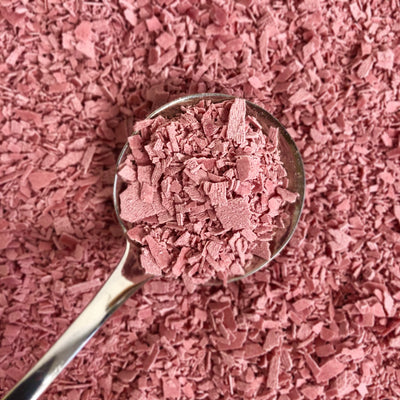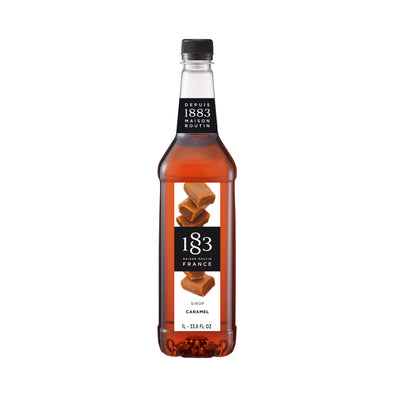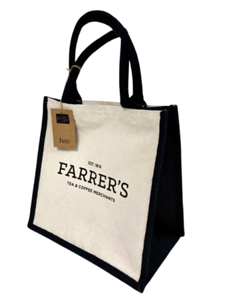Burundi Mubuga Natural
Burundi Mubuga Natural, Burundi, Central East Africa
Farrer’s not only have a long coffee heritage, but their small, dedicated team have the drive and vision to bring you the very best ethically and sustainably sourced coffees from around the globe.
Farrer’s is introducing Mubuga Natural, a new and intoxicating coffee from farms surrounding Mubuga Washing Station, located in Ngozi region of Burundi, an area renown for producing floral, sweet coffees with distinctive fruit notes including citrus and berries.
Mubuga washing station is located 1,500+ meters above sea level. Farmers who deliver their cherry to the station farm an average of 250 trees on the surrounding hills. Each tree on average yields around 1.5 kg of coffee cherry, so the average producer sells about 200-300 kg of cherry annually.

(Image by @rodrigoflores_photo on Unsplash: https://unsplash.com/photos/T5qjs-63kqQ)
Mubuga Natural’s quality assurance begins as soon as farmers deliver their cherry to the washing station. All cherry is floated in small buckets as a first step to check its quality. After floating, the cherry is sorted by hand to remove any damaged, underripe and overripe cherries. After sorting, the cherry is then transported directly to the drying tables where they will dry slowly for 3-4 weeks.
To continue with the quality assurance pickers go over the drying cherry, laid out in a singe layer, for damaged or defective cherry that may have been missed in previous quality checks. The cherry is covered with tarps during periods of rain, the hottest part of the day and at night. Once dry, the parchment coffee is then bagged and taken to the warehouse.

(Image by @juanfernino on Unsplash: https://unsplash.com/photos/TPVQ77Kthho)
Before shipment, coffee is sent to Budeca, Burundi’s largest dry mill, where the coffee is milled and then hand-sorted by a team of hand-pickers who look closely at every single bean to ensure zero defects. It takes a team of two hand-pickers a full day to look over a single bag, which is one of the reasons the mill produces a relatively small volume of coffee, roughly 300 containers of 320 bags per year.
Most coffee trees in Burundi are Red Bourbon. Because of the increasingly small size of coffee plantings, aging rootstock is a very big issue in Burundi. Many farmers have trees that are over 50 years old, but with small plots to farm, it is difficult to justify taking trees entirely out of production for the 3-4 years it will take new plantings to begin to yield.

(Image by @vandelinodias on Pixabay: https://pixabay.com/photos/coffee-cherry-coffee-red-coffee-645514/)
Some of this region’s best coffee beans come from northern Burundi’s sub-regions including Kayanza and Ngozi. While Ngozi has a lower coffee yield than Kayanza, its coffee often ranks higher with consistent cupping scores about 85.
Mubuga Natural is a complex coffee, with notes of black current, stone fruits including ripe plums, dark chocolate and smooth caramel.
Farm: Mubuga Washing Station
Country: Burundi
Region: Ngozi, northern Burundi, Central East Africa
Varietal: Red Bourbon
Process: Natural
Profile: Notes of fragrant and sweet florals, including hints of berries and chocolate.
Cup Score: 86.25





